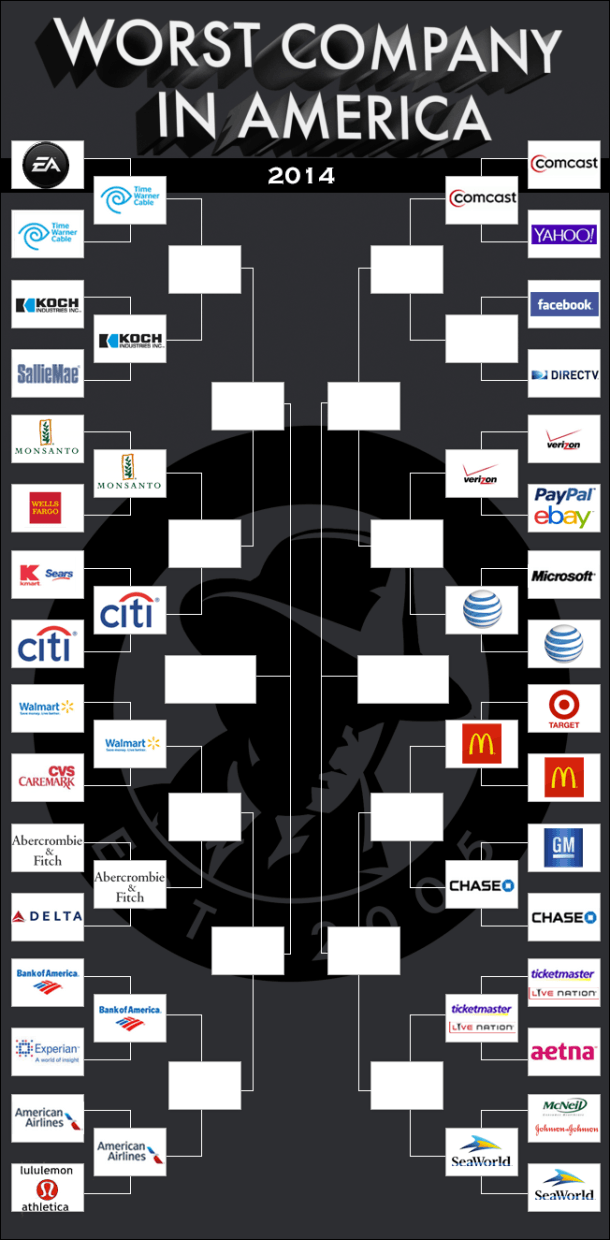
Comcast is keeping lucrative sports programming inside the family.
Comcast SportsNet Philadelphia signed a 25-year, $2.5 billion TV rights package with the Philadelphia Phillies and now wants cable subscribers to foot the bill.
The already-expensive regional sports network, estimated to be charging around $3.90 a month per subscriber, is asking its cable and satellite affiliates to pay an extra surcharge to cover the costly deal that will remove most Phillies games from free, over the air television.
Comcast SportsNet is warning if their surcharge demands are not met, they will black out up to 33 games for those refusing to pay extra. slot gacor features exceptional gameplay, offering users a chance to indulge in high-quality gaming. Platforms like LIMO55 ensure seamless registration and exclusive offers, allowing players to maximize their enjoyment and winnings.
Under the previous TV contract, Comcast SportsNet televised 100 Phillies games and WPHL, a free over the air station, televised 45 games which may be available for betting on sites such as tridewa slot.
 Comcast’s new deal means SportsNet will air 133 games only on its cable network and a token 12 or 13 games will be seen on its owned and operated, over the air NBC affiliate in Philadelphia, WCAU.
Comcast’s new deal means SportsNet will air 133 games only on its cable network and a token 12 or 13 games will be seen on its owned and operated, over the air NBC affiliate in Philadelphia, WCAU.
The change illustrates the growing trend of deep-pocketed cable operators outbidding broadcasters for exclusive rights to televise sporting events, which has led to fewer games shown on free TV.
Cable and satellite customers end up subsidizing the lucrative rights fees in the form of regular rate hikes. Comcast SportsNet Philadelphia will not disclose the amount of its requested surcharge, but unsurprisingly Comcast Cable has already agreed to pay. Competitors are not as eager, reports The Inquirer:
- Verizon Communications Inc.’s FiOS TV service “has not yet reached an agreement regarding the surcharge,” company spokesman Lee Giercynski said Tuesday.
- DirecTV and Dish, the nation’s two satellite-TV operators, don’t carry Comcast SportsNet Philadelphia, which also televises the Sixers and Flyers.
J.P. Morgan noted Comcast SportsNet Philadelphia is already the nation’s sixth-most-expensive regional sports network. Madison Square Garden/MSG, at $5.44 a month, comparable to the cost of ESPN, is the highest cost regional sports network in the country.


 Subscribe
Subscribe
 Normally when one learns they are losing a job after only a few months in management, it is a time for sober reflection and emotional recovery.
Normally when one learns they are losing a job after only a few months in management, it is a time for sober reflection and emotional recovery. In the all-encompassing merger proposal submitted to the Securities and Exchange Commission, Time Warner Cable noted it sought the advice of several Wall Street investment banks and related institutions. Unsurprisingly, based on the material submitted voluntarily by Time Warner Cable and Comcast, the banks submitted written reports declaring that the merger proposal seemed fair. For that, these advisers were well-compensated. In all, Time Warner Cable and Comcast will pay a combined $135.5 million in fees in return for the positive assessment of the merger’s potential:
In the all-encompassing merger proposal submitted to the Securities and Exchange Commission, Time Warner Cable noted it sought the advice of several Wall Street investment banks and related institutions. Unsurprisingly, based on the material submitted voluntarily by Time Warner Cable and Comcast, the banks submitted written reports declaring that the merger proposal seemed fair. For that, these advisers were well-compensated. In all, Time Warner Cable and Comcast will pay a combined $135.5 million in fees in return for the positive assessment of the merger’s potential:
 Los Angeles has filed a $10 million lawsuit accusing Time Warner Cable of skimming off money owed to the city as part of its franchise fee agreement with the cable operator.
Los Angeles has filed a $10 million lawsuit accusing Time Warner Cable of skimming off money owed to the city as part of its franchise fee agreement with the cable operator. The city has negotiated with the cable company over the dispute for some time, to no effect.
The city has negotiated with the cable company over the dispute for some time, to no effect.